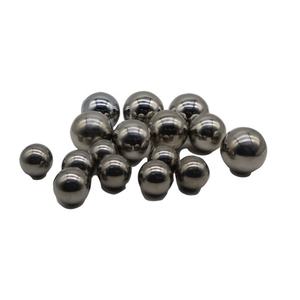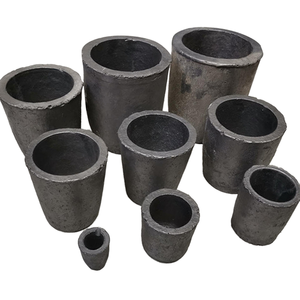High-Quality Silicon Carbide Products | Advanced Ceramic Solutions
PRODUCT PARAMETERS
Description
Overview of Silicon Carbide Ceramic
Silicon carbide (SiC) ceramic is a high-performance material known for its exceptional hardness, wear resistance, and thermal stability. It is widely used in cutting tools, abrasives, automotive components, and high-temperature applications due to its superior mechanical properties and chemical inertness.
Features of Silicon Carbide Ceramic
High Hardness: SiC ceramics are among the hardest known materials, making them ideal for abrasive and cutting applications.
Thermal Stability: They can withstand extreme temperatures without degrading, making them suitable for high-temperature environments.
Wear Resistance: Exceptional resistance to wear and abrasion ensures long-lasting performance.
Chemical Inertness: Resistant to most chemicals, including acids and alkalis, enhancing their durability in harsh conditions.
Low Thermal Expansion: Minimal expansion or contraction with temperature changes, ensuring dimensional stability.
Electrical Conductivity: Some forms of SiC ceramics exhibit semiconducting properties, useful in electronic devices.
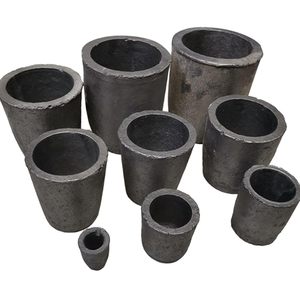
(Silicon Carbide SSiC Ceramic Plate/ Tiles For Armor)
Specifications of Silicon Carbide SSiC Ceramic Plate/ Tiles For Armor
Silicon Carbide SSiC (Sintered Silicon Carbide) Ceramic Plates/Tiles for Shield are innovative safety options created to hold up against high-velocity impacts and ballistic risks. These plates are engineered for light-weight, high-performance shield systems made use of in armed forces, law enforcement, and civilian protection applications. Key specs include: Product– SSiC is a premium-grade ceramic created with high-temperature sintering, making sure premium pureness, density, and mechanical properties. Thickness ranges between 3.1– 3.2 g/cm ³, supplying an equilibrium of light-weight style and architectural stability. Hardness actions 2800– 3200 HV (Vickers), allowing reliable projectile fragmentation and energy dissipation. Compressive strength exceeds 3000 MPa, making certain resistance to deformation under severe stress. Flexural strength is 400– 600 MPa, giving durability against bending tensions. Fracture durability (3– 4 MPa · m ¹/ ² )boosts fracture resistance, vital for multi-hit capability. Thermal homes consist of high thermal conductivity (120– 200 W/m · K) for heat dissipation and low thermal growth (4.5 × 10 ⁻⁶/ ° C), ensuring security in rising and fall temperature levels. Thickness alternatives vary from 5– 25 mm, customizable to risk levels. Basic ceramic tile measurements include 100 × 100 mm, 150 × 150 mm, or customized sizes. Surface coating is precision-polished (Ra < 0.4 µm) to minimize friction and optimize projectile deflection. Weight per square meter (e.g., ~ 31 kg/m ² for 10 mm thickness) makes certain movement without compromising defense. Applications include body shield inserts, lorry shield panels, aircraft floor covering, and important infrastructure shielding. These plates are often paired with composite supports (e.g., aramid, UHMWPE) for improved power absorption. Compliance with requirements such as NIJ Degree III/IV, MIL-DTL-62429B, and STANAG 4569 guarantees integrity against armor-piercing rounds and fragments. SSiC ceramic armor integrates remarkable ballistic performance, thermal stability, and deterioration resistance, making it optimal for demanding settings where light-weight, long lasting defense is vital.
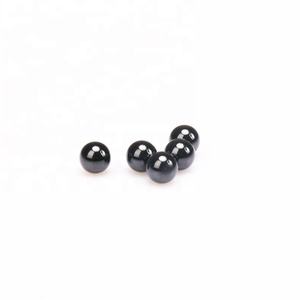
(Silicon Carbide SSiC Ceramic Plate/ Tiles For Armor)
Applications of Silicon Carbide SSiC Ceramic Plate/ Tiles For Armor
Silicon Carbide (SSiC) ceramic plates and tiles are sophisticated armor products renowned for their outstanding firmness, light-weight buildings, and remarkable resistance to severe problems. SSiC is generated through a high-temperature sintering procedure, leading to a dense, polycrystalline framework that incorporates extreme longevity with thermal and chemical stability. These features make SSiC perfect for shield applications where defense against high-velocity projectiles, blasts, and fragmentation is essential.
In armed forces and protection, SSiC ceramic plates are extensively utilized in body shield systems, supplying soldiers enhanced defense without the bulk of typical steel plates. Their high hardness (second just to diamond) interferes with and deteriorates inbound projectiles, while the ceramic’s ability to take in and distribute impact energy minimizes injury. SSiC ceramic tiles are additionally incorporated into automobile armor for tanks, armored personnel service providers, and helicopters, shielding versus armor-piercing rounds and eruptive dangers. The material’s light-weight nature boosts lorry mobility and gas effectiveness.
Aerospace and aviation industries make use of SSiC armor to secure vital elements from high-speed debris and extreme temperatures experienced throughout flight or re-entry. Its thermal conductivity and stability make sure performance in settings going beyond 1600 ° C, making it suitable for hypersonic vehicle protecting.
SSiC is commonly integrated with composite supports like ultra-high-molecular-weight polyethylene (UHMWPE) or aramid fibers to create hybrid armor systems. This split method improves multi-hit ability, as the ceramic fractures to dissipate power while the backing layer catches recurring pieces. Such systems are used in noncombatant applications, including financial institution armored automobiles, VIP transportation, and risky framework.
Beyond ballistic security, SSiC’s rust and wear resistance make it valuable for maritime armor, shielding ships from destructive seawater and projectile dangers. Its long life decreases maintenance prices contrasted to steels.
In summary, SSiC ceramic plates and tiles offer unrivaled protection across armed forces, aerospace, and noncombatant sectors. Their mix of lightweight style, extreme hardness, thermal strength, and versatility in crossbreed systems positions SSiC as a foundation of contemporary shield innovation, guaranteeing security versus advancing risks while maximizing functional efficiency.
Company Introduction
Welcome to It-Chuiko, a premier international supplier of high-quality silicon carbide powder and silicon carbide ceramics. Our products are renowned for their exceptional hardness, thermal stability, and wear resistance, making them ideal for abrasives, cutting tools, refractory materials, and advanced semiconductor applications. We serve a diverse range of industries, including automotive, aerospace, and electronics, with a commitment to quality and innovation. With state-of-the-art production facilities and rigorous quality control, we ensure that our customers receive superior products tailored to their specific needs. Partner with us for reliable, high-performance materials that drive your business forward.
If you have any questions, please feel free to contact us(nanotrun@yahoo.com).
Payment Methods
T/T, Western Union, Paypal, Credit Card etc.
Shipment Methods
By air, by sea, by express, as customers request.
5 FAQs of Silicon Carbide SSiC Ceramic Plate/ Tiles For Armor
Silicon Carbide SSiC (Sintered Silicon Carbide) ceramic plates or tiles are advanced armor materials engineered to provide lightweight, high-strength protection against ballistic and impact threats. Here are five key FAQs:
**1. What makes Silicon Carbide SSiC ideal for armor applications?**
SSiC ceramic combines exceptional hardness (second only to diamond), low density, and high thermal stability. Its microstructure dissipates kinetic energy by fracturing incoming projectiles, reducing penetration. Unlike metals, it’s corrosion-resistant and performs reliably in extreme temperatures, making it suitable for military vehicles, body armor, and aerospace.
**2. How does SSiC compare to alumina or boron carbide ceramics?**
SSiC offers superior hardness and toughness compared to alumina, which is heavier and less effective against high-velocity threats. While boron carbide is lighter and harder, it’s more expensive and less thermally stable. SSiC strikes a balance between cost, weight, and performance, excelling in multi-hit scenarios and high-temperature environments.
**3. What temperature ranges can SSiC armor withstand?**
SSiC retains structural integrity up to 1,600°C (2,912°F) and resists thermal shock, making it ideal for applications exposed to explosions or extreme heat. It also resists oxidation and chemical corrosion, ensuring durability in harsh environments like marine or industrial settings.
**4. How is SSiC integrated into armor systems?**
SSiC tiles are typically bonded to a composite or metal backing (e.g., polyethylene, aluminum) using adhesives or mechanical fasteners. This layered design absorbs and disperses impact energy. Curved or flat configurations adapt to vehicle hulls, helmets, or body armor, with gaps minimized to prevent weak points.
**5. What maintenance do SSiC armor plates require?**
SSiC plates have a long lifespan if undamaged. Regular inspections for cracks, chips, or delamination are critical. Damaged tiles must be replaced, as the material cannot be repaired. Proper storage avoids moisture or impact exposure. With minimal upkeep, SSiC armor maintains performance for years under normal use.
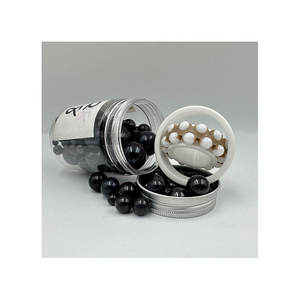
(Silicon Carbide SSiC Ceramic Plate/ Tiles For Armor)
REQUEST A QUOTE
RELATED PRODUCTS
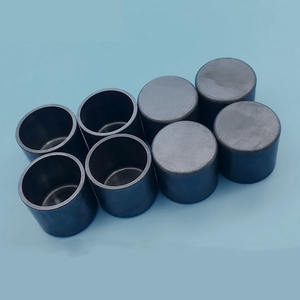
High Quality Silicon Carbide Factory Black Silicon Carbide With Good
Industrial Machinable Black Silicon Carbide Plate Sintered Wear Resistant Zirconia Ceramic Silicon Nitride Insulation Rod Shape
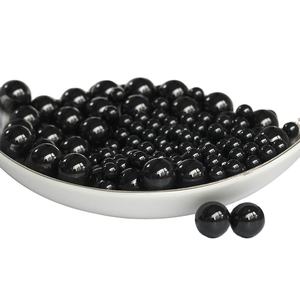
Bulletproof High Hardness Silicon Carbide Ceramic SiC Ballistic Plates
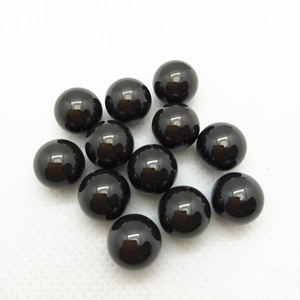
SIC industrial ceramic sinter high temperature graphite heating elements 2400 degree Silicon Carbide vacuum sintering Furnace
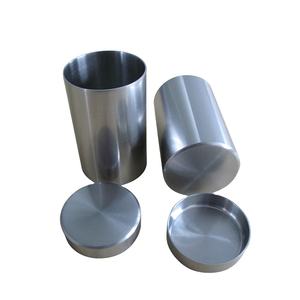
High Quality Silicon Carbide Factory Black Silicon Carbide With Good
